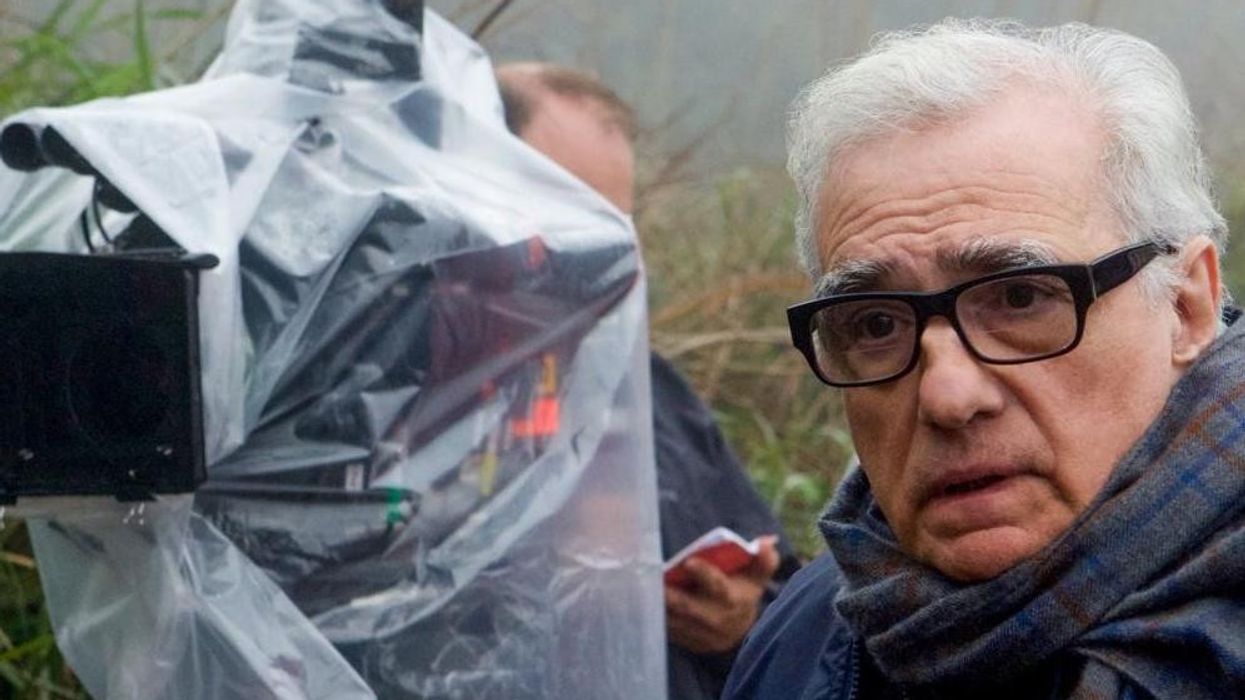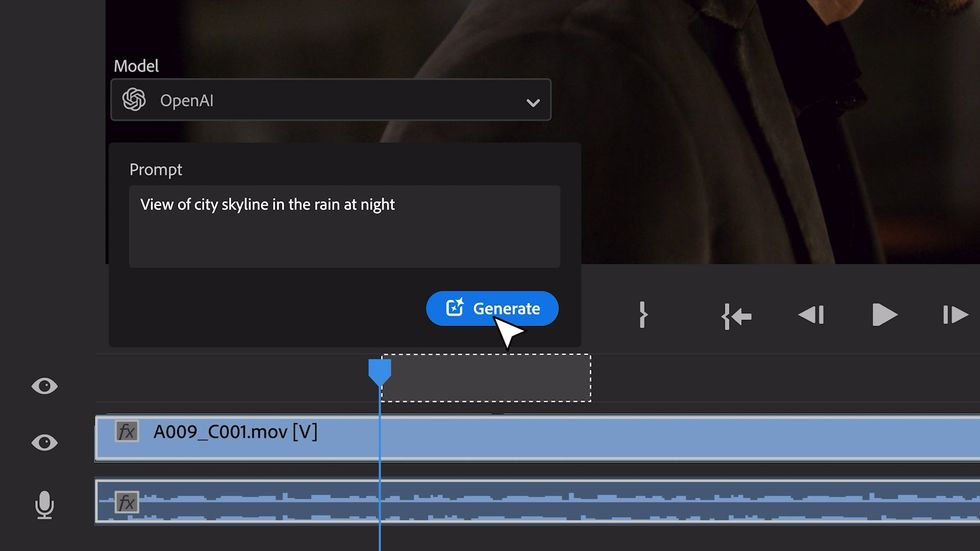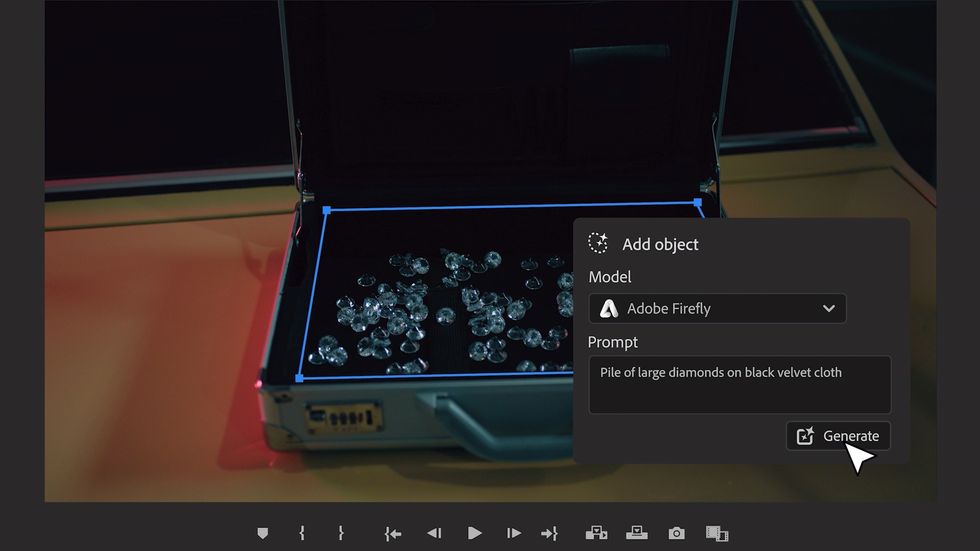Martin Scorsese's Advice to Aspiring Filmmakers
Oscar-winning director Martin Scorsese has made his mark on filmmaking with a career that stretches across 50 years and multiple genres.

Beginning with the short films he made while attending NYU and branching quickly into impactful, gritty films like the 1973 breakout hit Mean Streets, Martin Scorsese soon gained a reputation as a passionate director with a talent for making raw, character-driven films that examine guilt, violence, Italian-American identity, and corruption. He currently the has the most Oscar nominations of any living director, with eight to his name.
He is also a self-proclaimed film lover and cares deeply about preserving film. He is the founder of both the Film Foundation and the World Cinema Project.
His latest project was just announced this month. While we wait for his next masterpiece, let's examine some key directing advice from this influential storyteller.
1. "You gotta be serious about making a picture."
In 2003, Scorsese appeared in a tongue-in-cheek American Express commercial that poked fun at his directing style. In this clip, Scorsese explains why the ad works so well, even while it's supposed to be funny. He says you have to be this serious and hard on yourself, even about something as lighthearted as a birthday party shoot. So approach even your most goofy work with dedication and the goal of utter perfection.
2. Think about how you see scenes, and use perspective and cuts to translate that vision.
Scorsese says he does his best to get the audience to see exactly what he wants them to see through a clever use of framing, cuts, and perspective. The point of view matters in filmmaking, and helps the audience experience the story on an emotional level, through the eyes of the characters.
Scorsese compares this shooting style to grabbing the audience members by the head and "forcing them to see things, by different cuts and camera moves, the way I see them." Don't forget your own eye when you're directing, because this will help you create a distinct filmmaking style. No one else sees things the way you do.
3. Consider your opening credits sequence.
One mistake a lot of indie or beginner filmmakers make is feeling the need to create a slow-paced or pointless opening credit sequence. Scorsese says that credits sequences should be like movie posters. They present the film and set the tone.
By the same token, Scorsese says he gets impatient if title sequences are unimaginative or don't add anything to the movie. He says if you're not going to do anything dynamic with your opening credits, go for simple white text on black....boom, done.
And, as just a general piece of advice, aspiring filmmakers should not try to put in opening credits just because they think it's obligatory. Don't make viewers sit through five minutes of names. Get to the good stuff! It's what everybody wants.
4. Even if you have an idea for shooting a scene, be open to changes.
In this 2017 seminar at the American Film Institute, Scorsese admits that he had planned to shoot Silence with a certain plan in mind, but then realized that the landscape was "speaking" to him in a way he hadn't expected. He made changes accordingly.
He also talks about meeting unexpected challenges during shooting: in one scene, he wanted dust, but there was only mud to work with. Some serendipitous mist allowed him to rethink the shot. What he teaches us here is that even if you have a particular vision, sometimes some quick thinking will be necessary to better work with your environment.
5. Visual literacy is important.
It's pretty obvious, but Scorsese is an incredibly visual storyteller. In this interview, he discusses different visual styles and how they impact everything in a film, from emotion to pacing. He talks about lenses and editing in particular, and several visual inspirations for his own work.
Understand that visuals are an integral part of a filmmaker's vocabulary, and an understanding of visual impact will help you express yourself better.
6. "Make your own industry."
Scorsese famously came up in film with a group known as "the movie brats," which included other directors like Francis Ford Coppola, Brian de Palma, and Steven Spielberg. These young filmmakers took over Hollywood after the collapse of the studio system and created a generation of emotional, realistic films that are now recognized as classics.
This background probably leads him to give the following advice, which is basically to make what you want to see, at the budget you have, and create the communal experience for yourself.
7. The inspiration is everything.
As we can see in this CBS Sunday Morning interview, Scorsese surrounds himself with the films that inspire him in order to stay in touch with the original "creative impulse" that led him to become a director in the first place. In fact, early French filmmaker Georges Méliès was such an inspiration to Scorsese that he made the 2011 film Hugo.
Of course, this is a bit of a genre departure from the crime and violence normally featured in Scorsese's films, but because the story, history, and visuals spoke to him so strongly, it was a project he pursued. So if there's an idea that speaks to you and provides a creative spark, pursue that wherever it might take you.
8. Sometimes all you need is a static camera.
In this discussion about Goodfellas with Jim Jarmusch in 2006, Scorsese talks about why he let the camera be still, the origins of storytelling, and how that can be translated to film.
Scorsese says that, much like listening to someone telling a story around a campfire (which he mentions at around the nine-minute mark), you can leave the focus on an actor without fancy camera work. He also says that this allows the honesty of the character to come through more fully. Don't be afraid to hold a shot for greater impact.
9. Hold on to authenticity.
In a message to the Doha Film Institute, Scorsese talks about viewing young filmmakers' short films and being impressed by their authenticity.
The advice is brief, but so important. Hold on to your authentic voice and point of view, and nurture it. Don't try to be like anyone else.
10. Let your actors improvise.
Ending with an oldie but a goodie, in this 1996 appearance with Conan O'Brien, Scorsese reveals that some of his most iconic lines came out of improvisation. This ties back, to some degree, to the previous tip about authenticity. Both actors in the scenes described were coming from authentic places, which is probably why their lines resonated so deeply with audiences.
These interviews barely scratch the surface of Scorsese's directing prowess. What other tips have you learned from watching Scorsese's work?
- 10 Screenwriting Tips from Martin Scorsese ›
- Martin Scorsese's Advice to Aspiring Filmmakers ›
- 20 Filmmaking Tips from Martin Scorsese ›
- How to Make a Movie Poster [FREE Movie Credits Template] ›




















